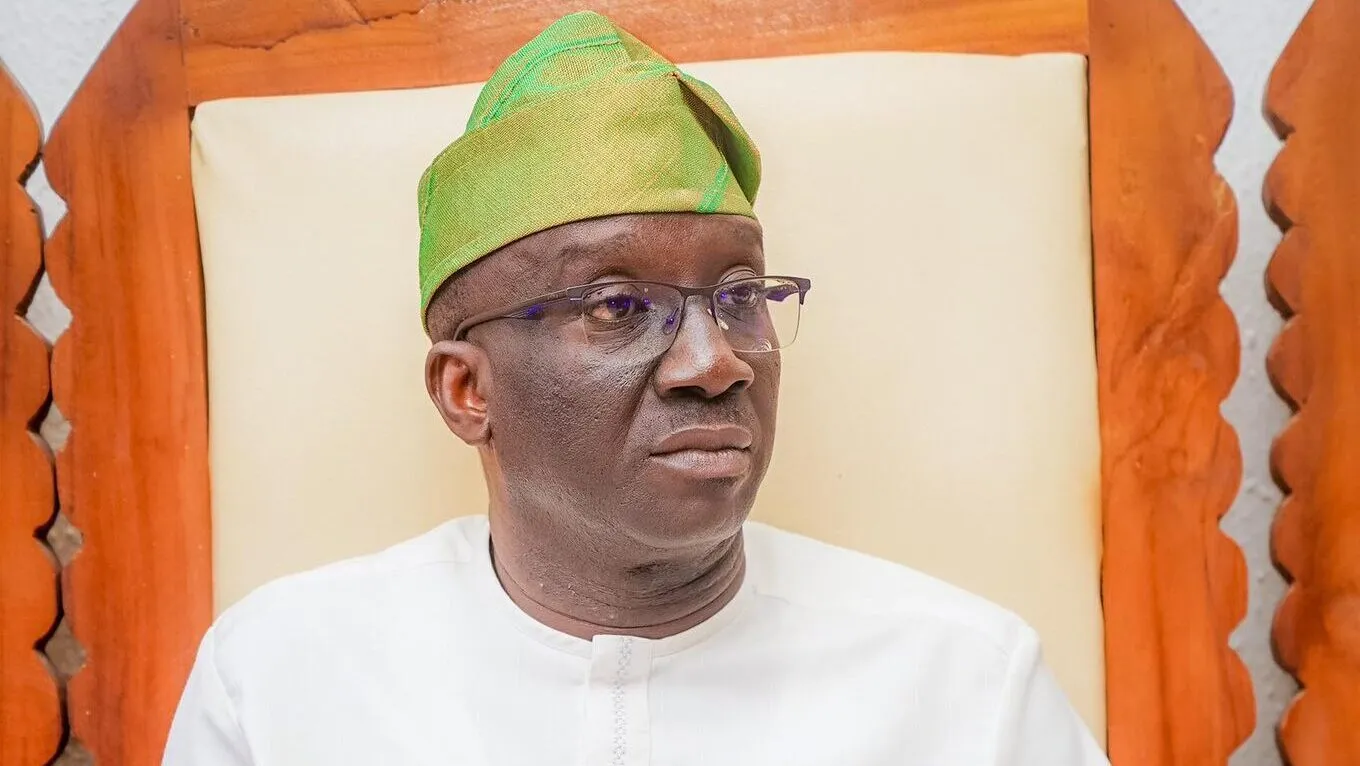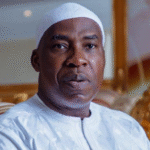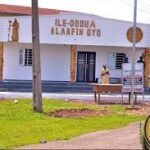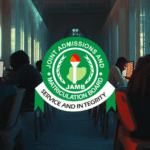Now Reading: Stakeholders Call for Domestic Financing, Collaboration to Sustain HIV, TB Response in Nigeria
-
01
Stakeholders Call for Domestic Financing, Collaboration to Sustain HIV, TB Response in Nigeria
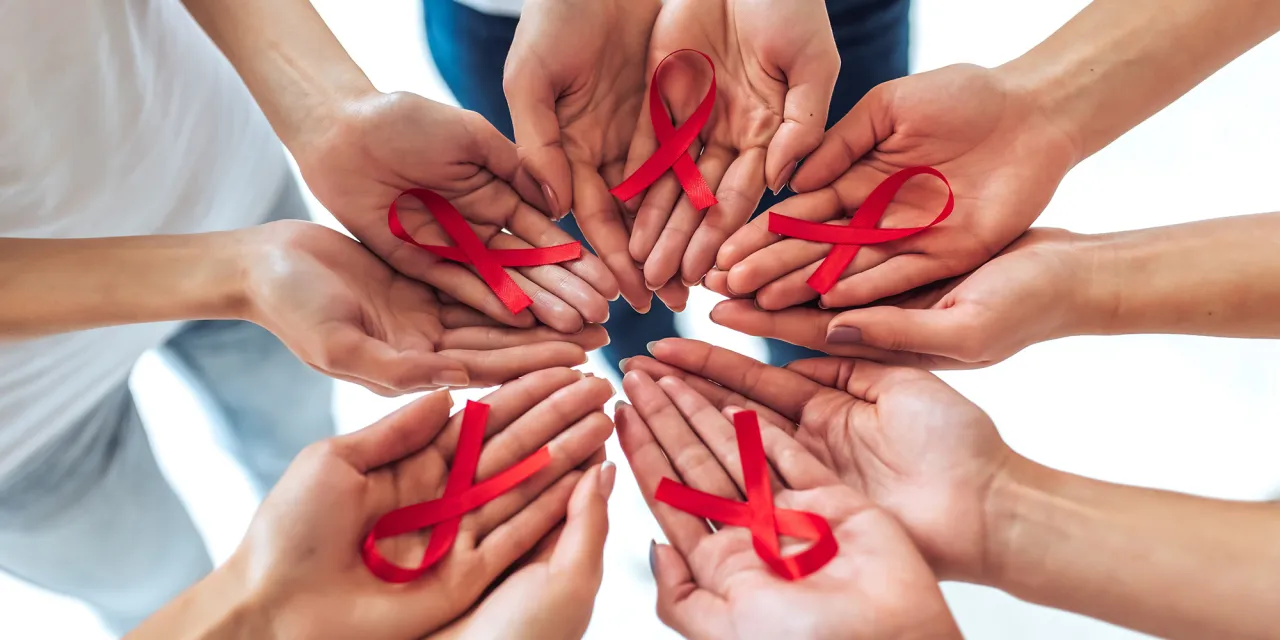
Stakeholders Call for Domestic Financing, Collaboration to Sustain HIV, TB Response in Nigeria
Stakeholders on Tuesday renewed calls for multi-sectoral collaboration and sustainable domestic financing to maintain Nigeria’s HIV and Tuberculosis (TB) response amid declining foreign aid.
The appeal was made during a stakeholders’ dialogue on domestic financing for HIV and TB, as well as the domestication of the HIV Anti-Stigma Law. The event was organised in Abuja by the Network of People Living with HIV/AIDS in Nigeria (NEPWHAN), in collaboration with the AIDS Healthcare Foundation (AHF) and other partners.
Despite recent government efforts—including the allocation of ₦4.8 billion for HIV treatment and the creation of an AIDS Trust Fund—stakeholders say current funding levels remain inadequate to meet national health demands.
According to the Chairman of the House Committee on HIV/AIDS, Tuberculosis and Malaria (ATM), Hon. Amobi Ogah, Nigeria needs an estimated $8 billion annually to sustain its HIV/AIDS response. Represented by his deputy, Abubakar Zango, Ogah stressed the need for Nigeria to take ownership of its public health systems instead of relying heavily on international donors.
“In light of recent global funding shifts, including the suspension of U.S. support for African health systems, Nigeria must urgently fill the resulting gaps. While this development poses a challenge, it also presents an opportunity for the country to lead its health response,” he said.
Ogah noted that since the decline in external funding, discussions have intensified across public and private sectors on reforming the country’s health financing architecture.
“Many innovative solutions for mobilising domestic resources to fight HIV and TB have emerged. However, these need to be streamlined and, where necessary, backed by legislative frameworks to ensure effective implementation,” he added.
He also called for stronger collaboration among civil society, government, and the private sector to ensure efficient, sustainable interventions across the country.
The dialogue aimed to catalyse action and foster strategic partnerships among stakeholders, including state and non-state actors, the business community, international and national NGOs, civil society organisations, community-based groups, and the wider public.
Source: Premium Times


